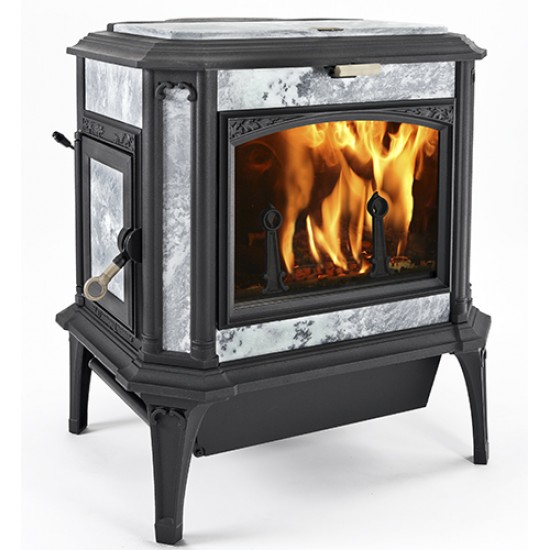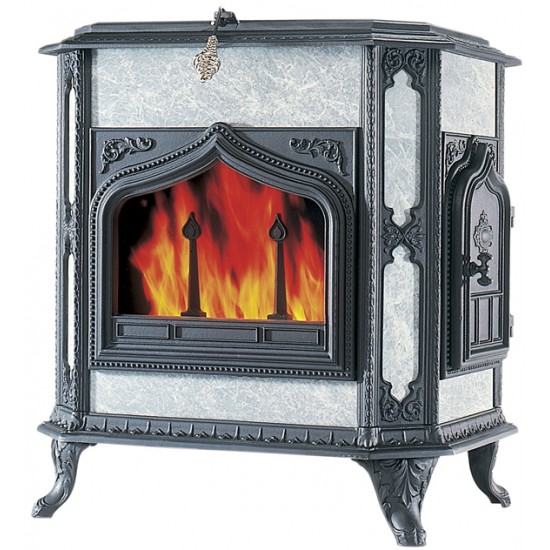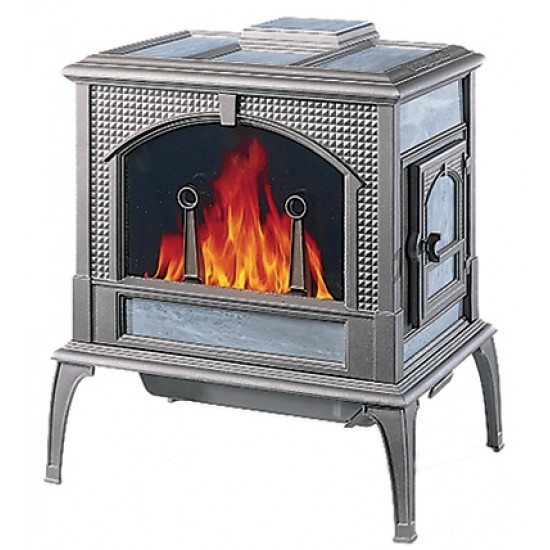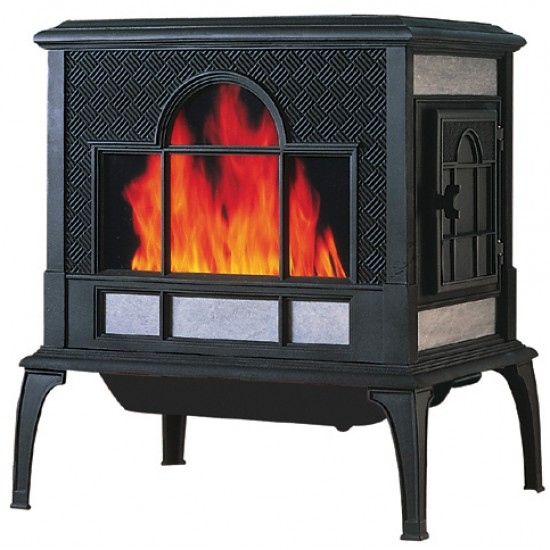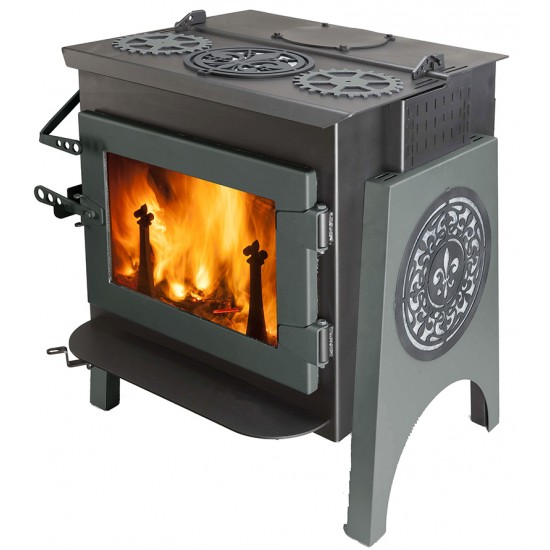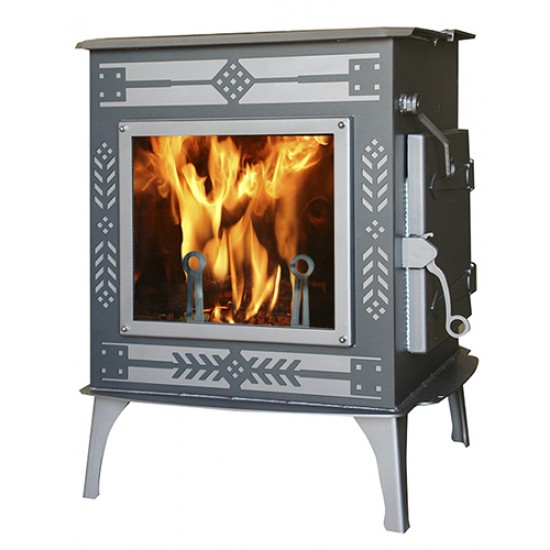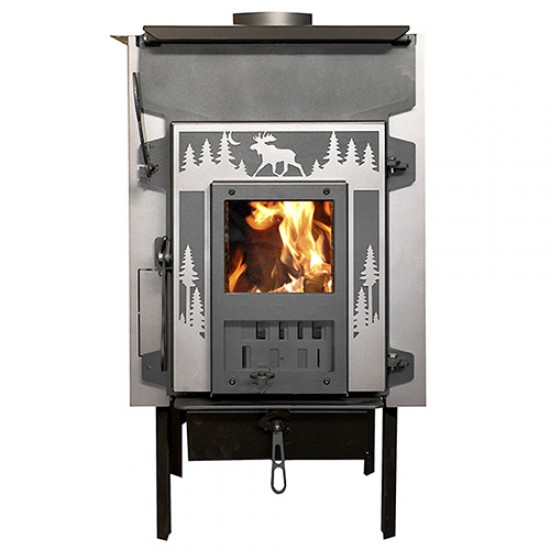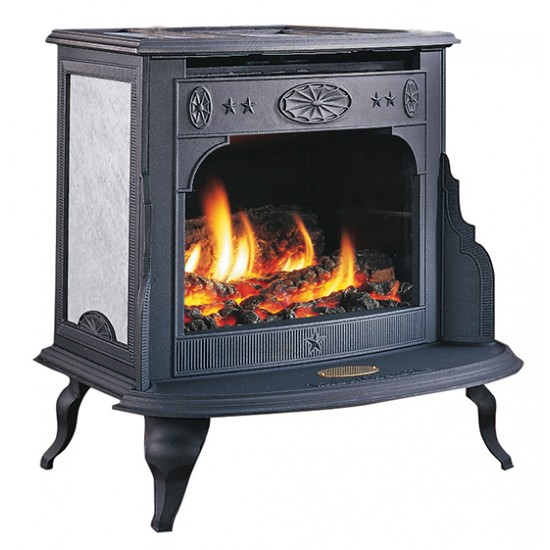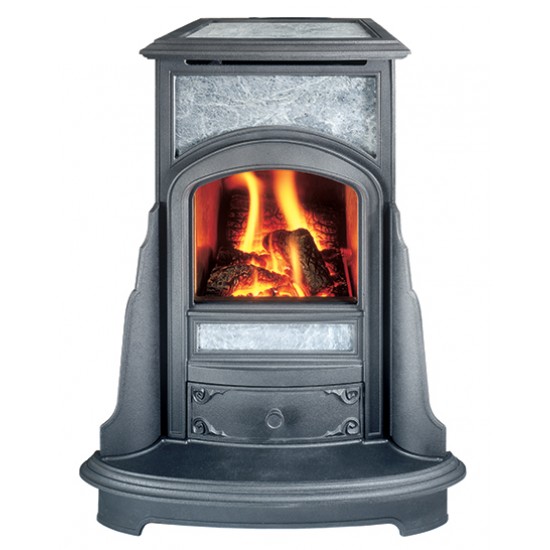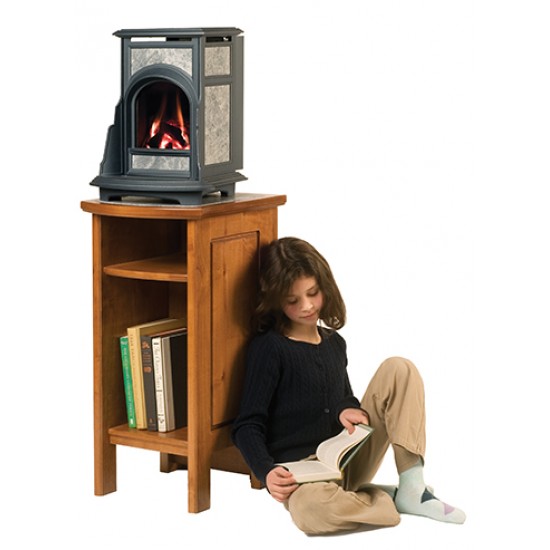
Almost concurrent with the release of our “Review Part 1” statement on May 15th, nine State Attorney Generals (from states VT, MA, RI, NY, NJ, MD, WA, OR, and AK) sent a letter to the EPA. The letter urged the EPA to revoke the current cordwood test method (ASTM E-3053) and adopt the new method (IDCTM) proposed by NYSERDA.
The EPA is currently using two labs (one in OR, one in CT) to test the proposed new method. Three different stoves will be run through multiple tests to ascertain (1). If test results can be replicated over subsequent burns in the same lab, and (2). If test results can be replicated in two different labs.
We expect these results to be slowly forthcoming over the next two months.
Linked below is part 2a from Tom Morrissey’s review of the “Assessment” and proposed new test method (IDCTM). This part of the review delves into the “low” and “medium” burn rate measurements used in the current EPA certification process, a focus of NESCAUM’s criticism.
Also discussed at length in this review is how the NESCAUM test method proposes to measure efficiency. Stove efficiency results reported thus far by NESCAUM for tests using its proposed method are unexpectedly low, likely to be attributed to the test protocol having different beginning and end points (discussed in “Part 2a” of Tom Morrissey’s review).
Another point of concern is the lack of test calculation transparency. Test developers (NESCAUM/NYSERDA) refuse to disclose the data and sample calculations so that their method of calculating efficiency can be explained and verified. This is very odd behavior for “public servants”.

